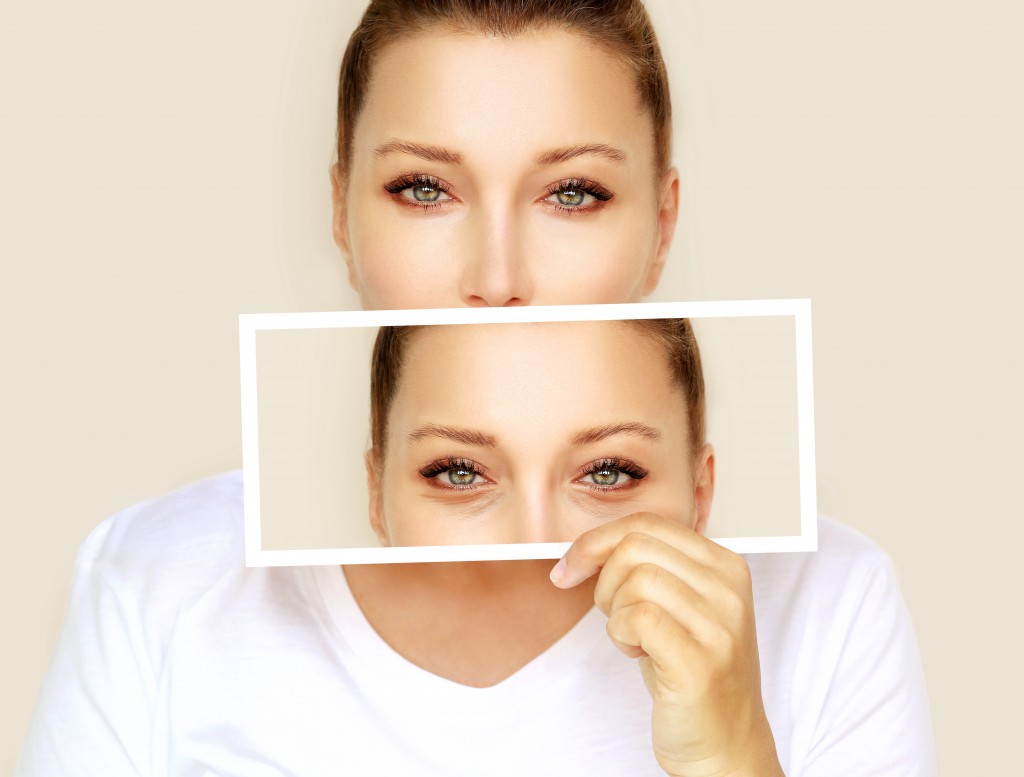Winter is coming, and the air pollution levels in many places, including Vancouver, Washington, will reach dangerous levels once again. While particulates in the air can certainly damage you and your workers’ skin — it’s not the only cause of premature skin aging.
Winter Woes
Air pollution came early in Washington as wildfires last September cloaked the city in smoke. The state’s Department of Ecology’s air monitoring station noted increased levels of particulates in the air — garnering air quality levels of over 300 and above in most counties. Particulate levels over 300 (considered hazardous) are common during winter. Lack of wind and cool temperatures traps pollution closer to the ground. Whether from exhaust fumes or wood-burning, particulates in the air damage your skin.
Particulates can clog your skin’s pores — leading to acne breakouts, rashes, and eczema. A quick shower once you get home should remove most of the particulates in your skin. Mild astringents should keep your face clean — but soap and water (with a bit of scrubbing) should also do the trick.
Everyday Sun
The biggest culprit in damaging and aging your skin is the sun. Harmful ultraviolet (UV) radiation from the sun is regarded as the primary cause of skin aging. UV damages your skin by destroying fat cells and depleting your skin of collagen. Without collagen, your skin loses its firmness — making wrinkles more noticeable and parts of your skin to sag. UV also damages your skin at a deeper level — fundamentally changing its DNA and causing it to develop melanomas or other types of skin cancer. Sunbathing and outdoor activities certainly raise the chance of skin damage — but your normal day-to-day activities also expose you to significant amounts of UV.
Lounging in your office and its wide glass windows are only inviting sun damage. Install blinds or other window coverings to keep the sun out. You can also opt for heavy curtains — but they can be difficult to wash and they can be flammable. Make your daily commute to work safer by applying UV-film to your car windows. Studies have noted that most Americans develop skin cancer on the left side of their body — mainly because of exposure during driving.
Smoke Alarms

Any type of smoke — whether from cigarettes or marijuana — can be damaging to your skin. Inhaling smoke reduces the oxygen levels in your body and introduces free radicals into your bloodstream. Your collagen and elastin levels drop — making your skin prone to cracking, wrinkling, and sagging. Flaws on the skin are also magnified by the gray or orange pallor common among smokers. Thankfully, skin damage from smoking is temporary and reversible. 3-4 weeks of living smoke-free should have your collagen and elastin levels back to normal as well as flush out the accumulated carbon monoxide in your system. A diet of food rich in antioxidants should also speed up the healing process.
Nobody wants to look older than they actually are. Keep your skin healthy and looking young by avoiding the sun, keeping it clean from pollution, and laying off smoking.


